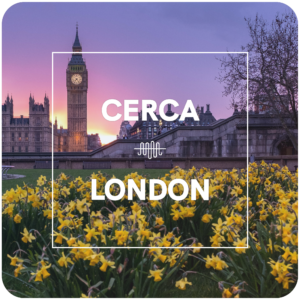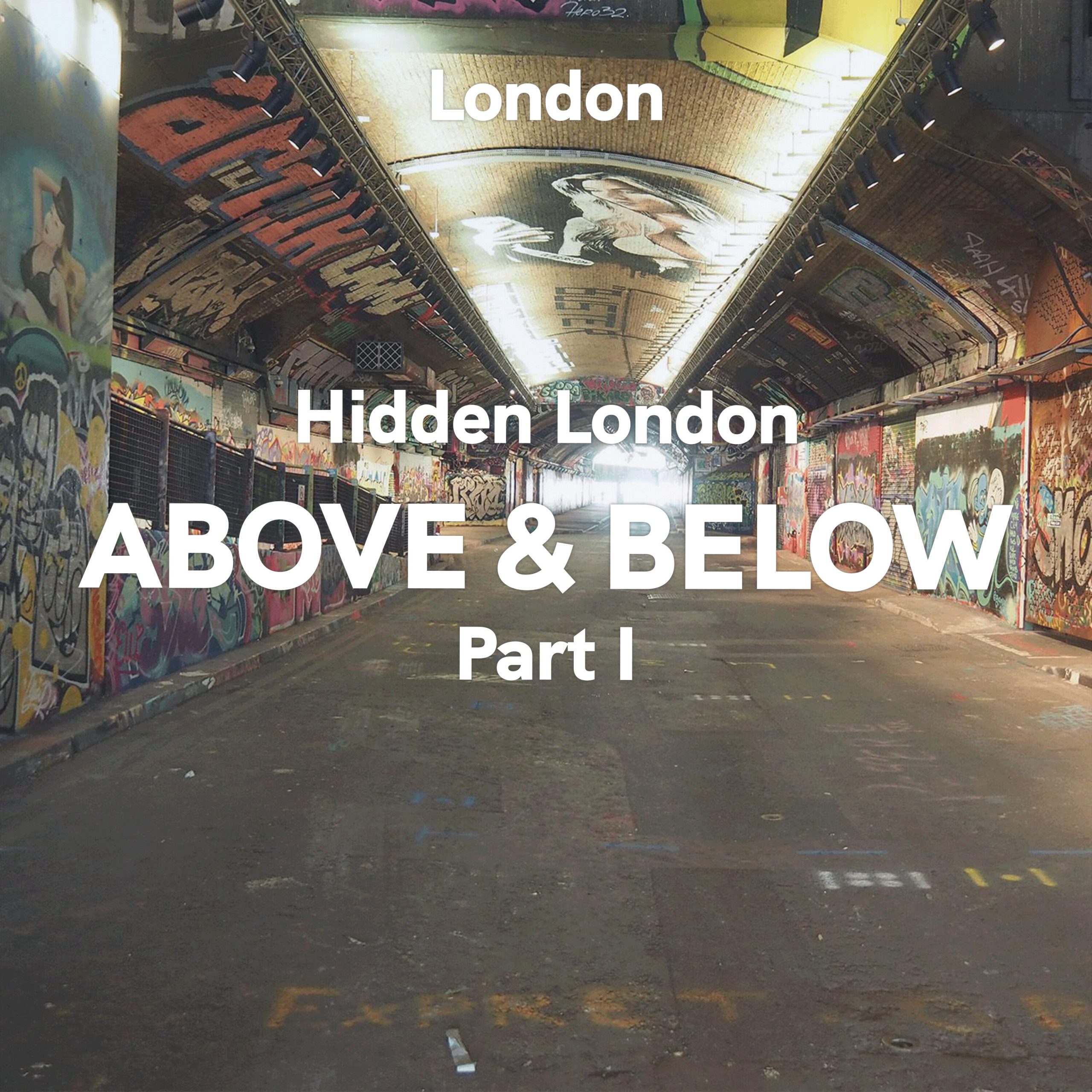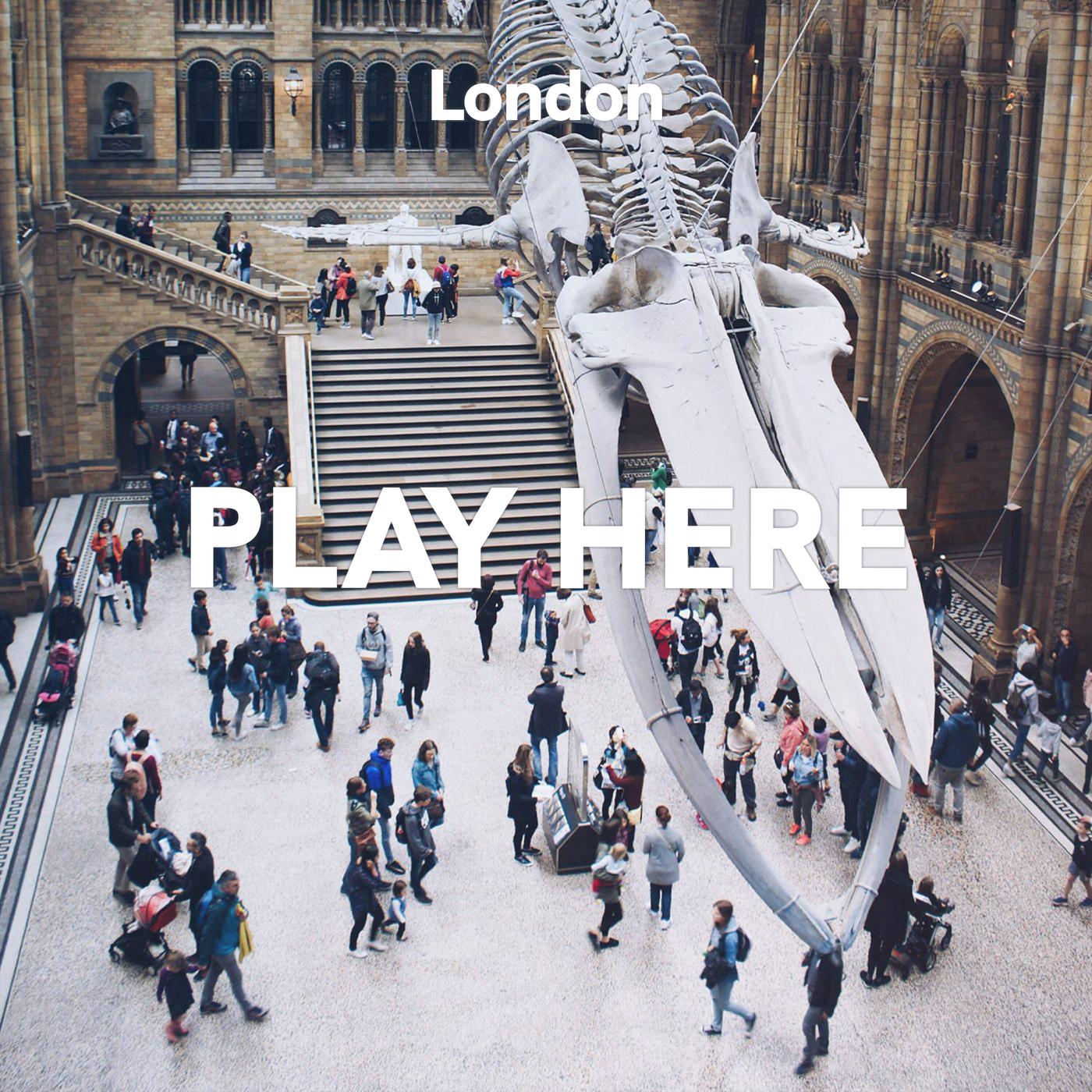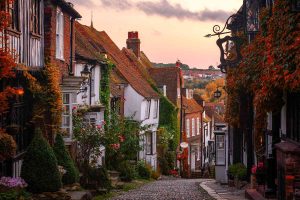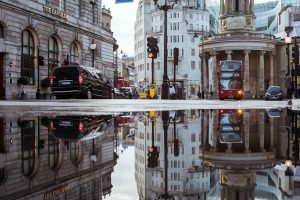England


Overview
England is the largest and most populous country in the United Kingdom, and its cultural, political, and historical influence extends far beyond its borders. As the birthplace of the English language, Shakespeare, the Beatles, and the Industrial Revolution, England has shaped literature, music, science, and global politics for centuries. It boasts a rich tapestry of heritage sites—from the ancient mystery of Stonehenge to the grandeur of Windsor Castle—and a countryside dotted with charming villages, rolling hills, and medieval cathedrals.
Historically, England was once a collection of rival Anglo-Saxon kingdoms before unifying in the 10th century. Its political dominance grew, and by the early 18th century, England became the central power behind the creation of the Kingdom of Great Britain in 1707, joining with Scotland. In 1801, Ireland was added to form the United Kingdom of Great Britain and Ireland, though most of Ireland later gained independence in the 20th century. Today, England remains the political and economic core of the UK, housing its capital, London. Despite this centrality, England does not have its own devolved parliament, unlike Scotland, Wales, and Northern Ireland—making its role in the UK both dominant and uniquely complex. England’s identity is deeply intertwined with, yet distinct from, the wider union.
Must-see attractions
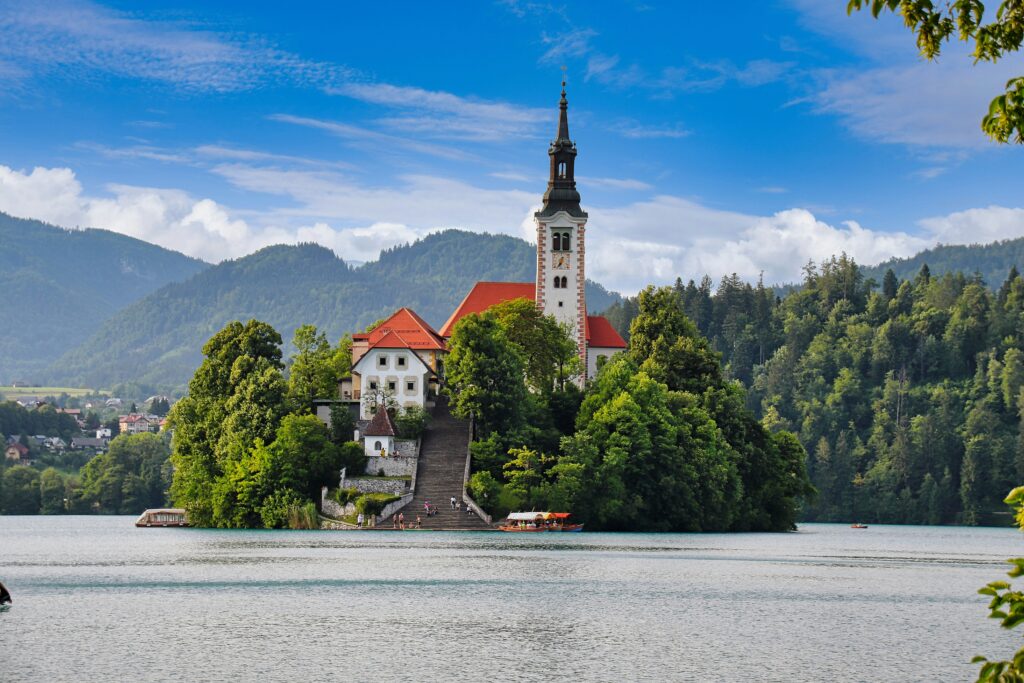
Paris
Centre Pompidou
Home to Europe’s largest collection of modern and contemporary art, Centre Pompidou has amazed and delighted visitors ever since it..
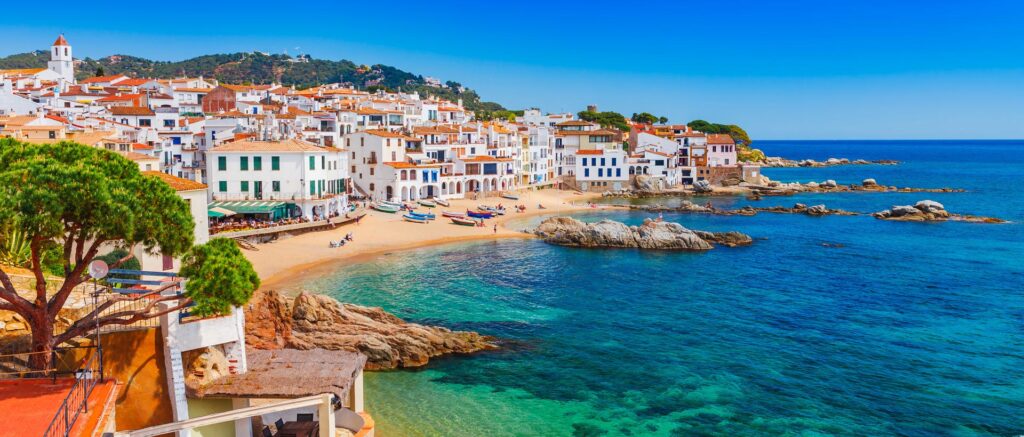
Paris
Centre Pompidou
Home to Europe’s largest collection of modern and contemporary art, Centre Pompidou has amazed and delighted visitors ever since it..
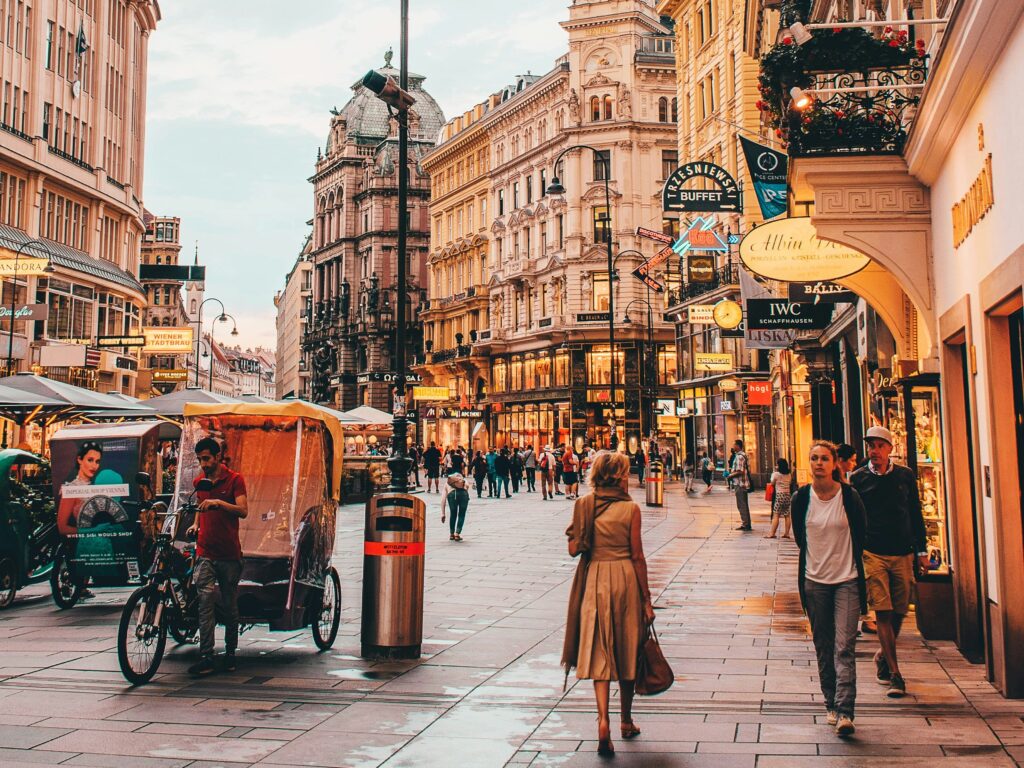
Paris
Centre Pompidou
Home to Europe’s largest collection of modern and contemporary art, Centre Pompidou has amazed and delighted visitors ever since it..
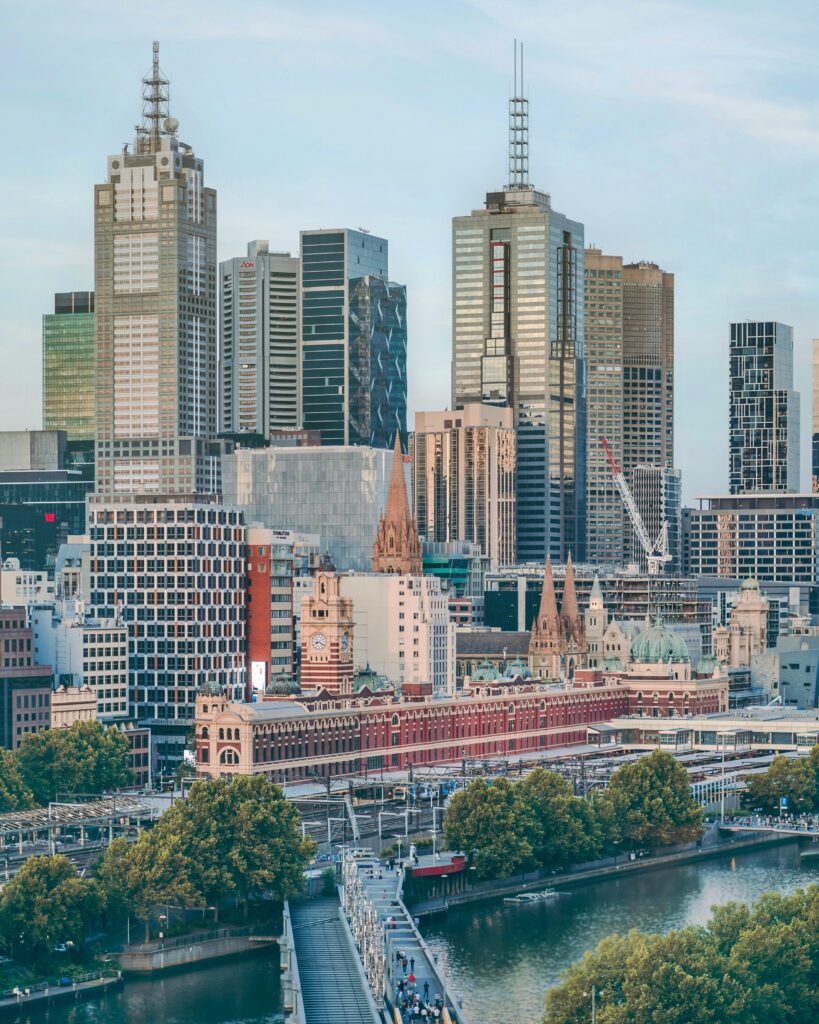
Paris
Centre Pompidou
Home to Europe’s largest collection of modern and contemporary art, Centre Pompidou has amazed and delighted visitors ever since it..

